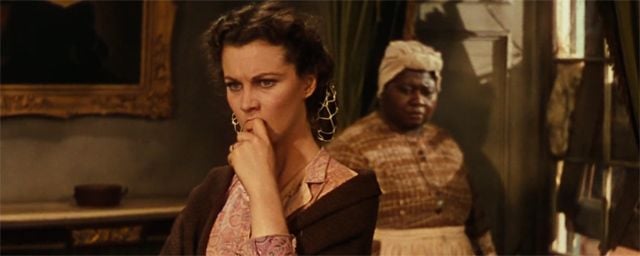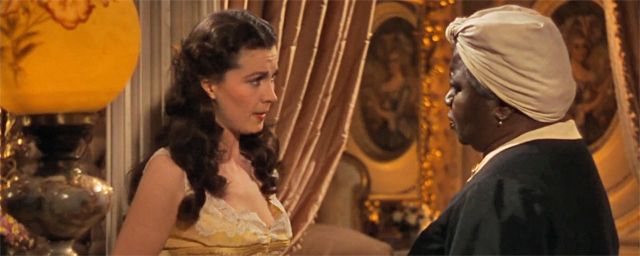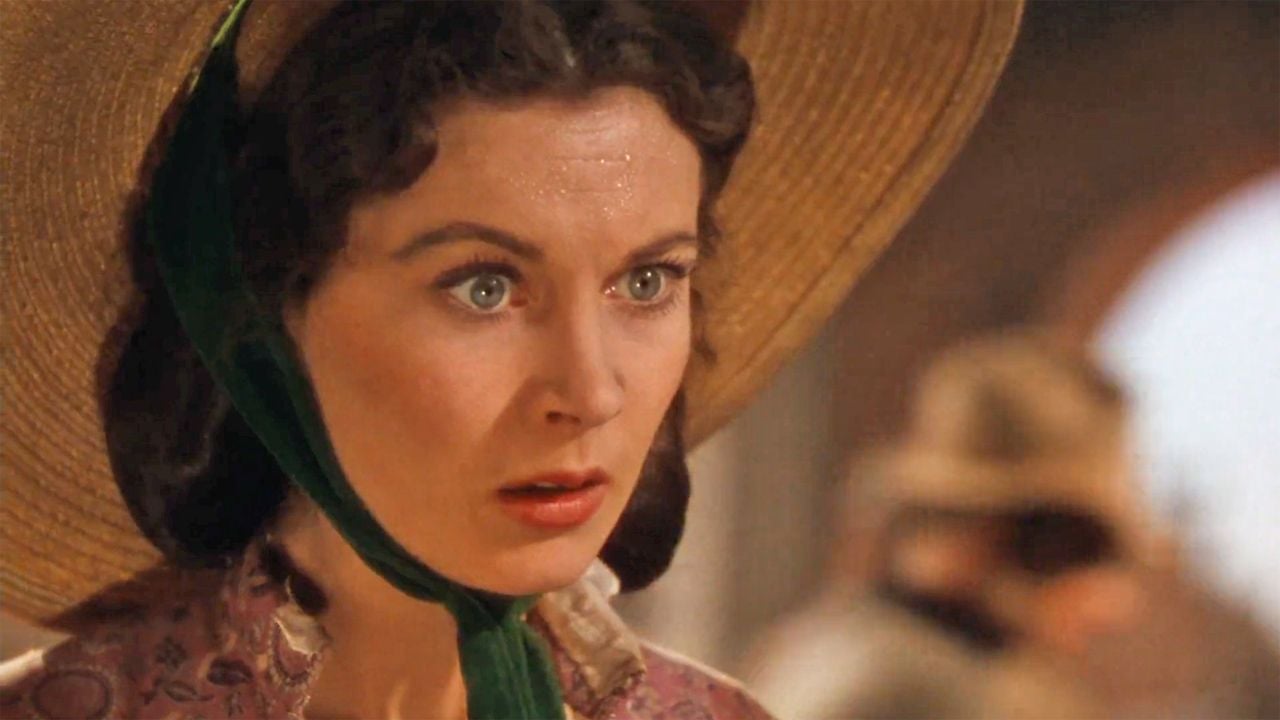Gone with the Wind has recently become the subject of controversy regarding the period of slavery during the Civil War. Film historian Jacqueline Stewart criticized the film “Rejects the horrors of slavery”.
To remind you, Gone with the Wind tells the story of Scarlett O’Hara, a representative of the upper middle class of Georgia, when the civil war starts and threatens the financial situation of her family living on the land. by black slaves.
In 2020, HBO Max pulled the film from the platform because of this “racist prejudice” The reintegration of the film was preceded by two videos that returned it to its historical context. Today, it seems that the screenwriters of this cinematic classic have gone quite against this notion.
Yale University PhD student David Vincent Kimmel bought the film’s script from casting director Fred Schussler for $15,000. This Wednesday, in the media AnkletHe details what he found in the 301-page document:
“Most of the deleted scenes showed crude depictions of slaves on Scarlett’s plantation, including references to violence, threats of expulsion from her father for not working hard enough, and other depictions of emotional and physical abuse.”

Kimmel divides screenwriters into two categories: “realist” (Sidney Howard and Oliver Ep Garrett) and “romantic” (Ben Hecht and F. Scott Fitzgerald).
He romanticizes those who insist on slave song scenes and “The most beautiful pre-war scenesRealists are the opposite “So often uncompromising and raw that elements are cut from versions to create the script I have”he analyzes.

Scarlett and the Mummy
In one such scene, Scarlett strikes the servant Prissy with a stick and shouts: “Sit down you fool while I cover you!” And when Priss and his father ask what happens to the freed slaves after the war, he replies: “I don’t know and I don’t care!” A line that does not appear in the Margaret Mitchell novel that inspired the film.
Discover even more details and nuances in Kimel’s full article, which can be found on The Ankler website.
Source: Allocine
Rose James is a Gossipify movie and series reviewer known for her in-depth analysis and unique perspective on the latest releases. With a background in film studies, she provides engaging and informative reviews, and keeps readers up to date with industry trends and emerging talents.


![New Day ahead: What awaits you on Tuesday, July 15, July 12, in 12 episodes of 2025 [SPOILERS] New Day ahead: What awaits you on Tuesday, July 15, July 12, in 12 episodes of 2025 [SPOILERS]](https://fr.web.img5.acsta.net/img/79/43/79435021c0bfb8e27ed7d08131107424.jpg)




